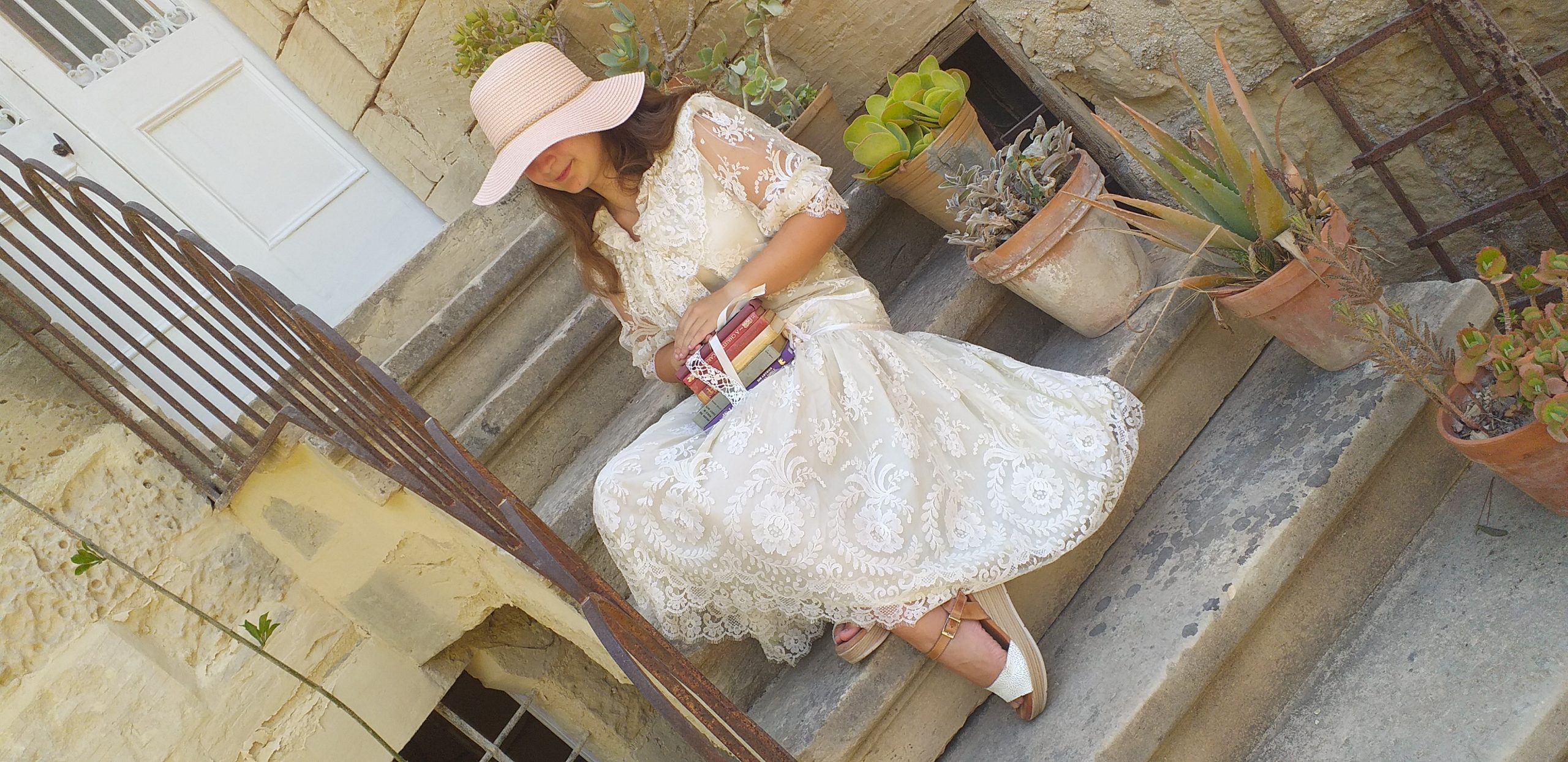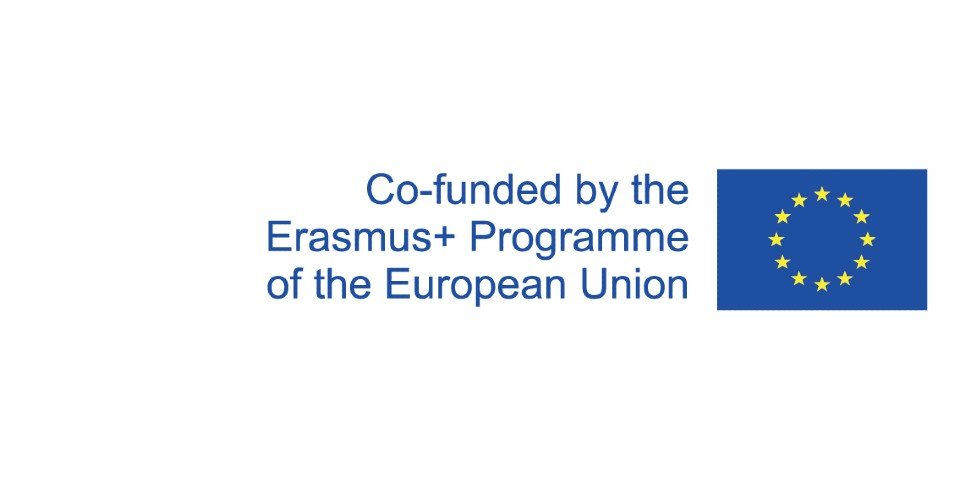There’s a lot of teamwork going on in youth projects and at school!
We’ve gone into one theory about teamwork that we are proposing right here on this page!
There is always a beginning to building a team. A team may be made up of people who know each other or people who have just met. Teamwork is EVERYWHERE! At home …. in schools and youth activities like this Erasmus+ project. Working well in a team is an important skill to develop and we also need to understand how team dynamics work. The ability to work in a team is a TRANSVERSAL skill, meaning it can be applied to different contexts and is not subject specific!

Let’s explore one model of teambuilding right now!
Four Stages of Teambuilding
This is what Bruce Tuckman observed about the development of a team.
Teams develop in stages just like children growing to become adults, teams experience stages of development. Team members can successfully move a team forward towards a common goal. Tuckman (1965) identified 4 stages of team development. Even though his work dates back to 1965 it continues to provide a useful model for our understanding the dynamic nature of how teams work. Let’s explore!
Forming: From the beginning, team members “test the waters” to see what behavior will be acceptable to the group. Members set goals, and ground rules. During this time, members look to the leader for guidance. There is a good working atmosphere at this stage.
Storming: At this second stage it is common to have some conflict between team members. Some members might start to avoid working at tasks and some might feel disillusioned. No all teams experience this stage but for the teams that do, this could serve as a time for creativity which is generated from the disagreements and competition between team members! It is good to disagree as this does not mean that the team becomes divided!
Norming: As the storm passes, team members learn to solve difficulties and to concentrate on the work to be done. But one must be careful now as the danger is that members may be so careful to avoid conflict that they are reluctant to share new or controversial ideas. Individual input remains important to consider and not only the “group think”.
Performing: This stage is the payoff for all hard work put in by the team. What was once a group of individuals in a team is not able to work as a team. There is agreement on goals, roles, and rules. Members are committed to producing common outcomes. The team is able to deal with disagrements, challenging each other’s ideas without getting personal, and together take pride in team successes.
Do you agree on Tuckman’s model above? At what stage is your own team right now? Discuss in your own team during Circle Time 🙂

Reference: Tuckman, B. (1965). Developmental sequence in small groups. Psychological bulletin, 63, 384-389.
Here are some resources about soft skills for tweens, teens and young adults! SCROLL THROUGH here!




